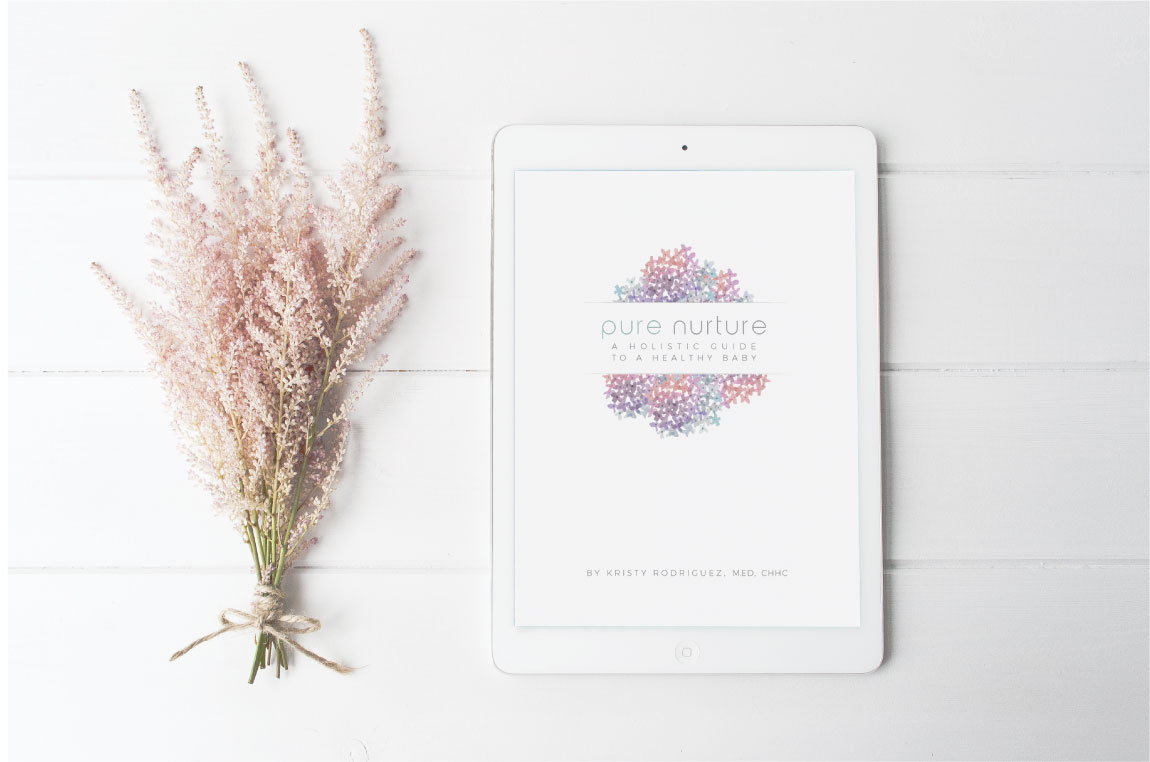The words “postpartum depression” have haunted many otherwise healthy pregnancies. Most of us have heard horror stories and may begin to dread the possibility of a turbulent “fourth trimester” even before successfully conceiving. Others are caught off-guard because awareness is not what it should be. Any way you cut it, our culture often leaves much to be desired in terms of our approach to mental health issues, and we still have much to learn about pregnancy and childbirth—postpartum depression has to do with both. But the best offense is a good defense, and the first step toward de-stigmatizing something is de-mystifying it. So, let’s talk about it!
What is it?
Postpartum depression is a serious and long lasting depression following childbirth. It is normal to experience emotional ups and downs for the first week or two after delivery (thanks, hormones!), including feelings of depression or anxiety. But having these feelings does not necessarily mean that you are in for a long bout with postpartum depression. (By all means, be candid with your partner and care provider if you are experiencing these things, though, as it will be helpful to have them checking in on your mental health down the line.) However, if you experience feelings of depression for more than two weeks postpartum, these feelings are not just happening on bad days but seem like your new status quo, and if they are interfering with living your life, it’s time to get some help.
You may also be experiencing any of the following symptoms:
- Feeling overwhelmed
- Doubting your ability as a mother
- Feeling guilty for not being a better mother
- Not feeling bonded with your child
- Feeling confused and scared for no reason
- Feeling irritated, angry, or even experiencing an all-consuming rage for no reason or beyond what is reasonable for the situation
- Feeling soul-crushing sadness or crying for no reason
- Feeling hopeless
- Experiencing a poor appetite, or feeling like only food can make you feel better
- Having trouble sleeping or wanting to sleep all the time
- Having trouble concentrating
- Feeling disconnected from everyone and everything
- Feeling like you should be able to just “snap out of it” but can’t
- Having thoughts of running away or that you’d just like it all to end
If you’re thinking that some of these items sound like unavoidable symptoms of early motherhood, you’re right! Show me a new mom that never feels overwhelmed, for example, and I’ll nominate her for Mother-of-the-Year for the rest of her life! But remember: the intensity, frequency, and longevity of these feelings matters. In the end, if it feels like something is wrong, it’s time to speak up.
3 Things to Do:
- Ask for Help
If you are concerned that you might be suffering from postpartum depression, the most important thing to do is to get help. At the very least, tell your care provider. They are trained to get you the help you need. Don’t wait to get help until you feel “sure” or wait and see if it goes away or assume that you can handle it yourself—it’s not your job to diagnose yourself, and if there is a problem, it’s better to get help sooner rather than later. And it would be far better to bring it up and have it not be a problem than to remain silent if it is one. (If you have already sat on the matter for a long time—maybe you are even more than a year postpartum—don’t feel embarrassed, just get it out.)
- Stop Negative Self-Talk
This might sound like an unhelpful recommendation—if you could stop the negative thoughts and feelings, you wouldn’t have a problem, right? There are clinical tools to help cut down on negative thoughts—and no doubt your treatment will help familiarize you with them—but at the very least there is no reason to be putting yourself down for the situation you find yourself in. If you’re having thoughts like: “I am so weak” or “I should be able to deal with this myself” or “I am so embarrassed; everyone probably thinks I’m crazy” cut them off at the source. This is a matter of cells in your body that are over- or underperforming, just like any other medical issue. In this case it’s neurotransmitters and hormones, but why is that any more condemning than a virus that overcomes your immune system, or the uncontrolled division of cancerous cells?
- Make Time for Self-Care
Do not be tempted to deal with this yourself only by implementing self-care, but definitely do keep up or implement any self-care practices that you can think of. Regular exercise, keeping hydrated, eating a balanced diet, meditating, spending quality time with friends and family, spending time outdoors, keeping your environment calm and soothing, and any other practices that you have found to be beneficial to your physical, mental, or emotional health are unlikely to do any harm and could quite possibly make a world of difference.
Now that you know what to look for and what to do if you find yourself struggling, worrying about postpartum depression doesn’t make any sense: if you are not yet postpartum or not suffering from PPD, you know you have a game plan if it becomes a problem in the future–so let go of those worries and enjoy this special time. If, on the other hand, you’ve realized that PPD is a part of your reality, it’s time to turn worry into positive action by getting help. You might be surprised at how much better you’ll feel after taking those first steps down the road to better mental and emotional health.











